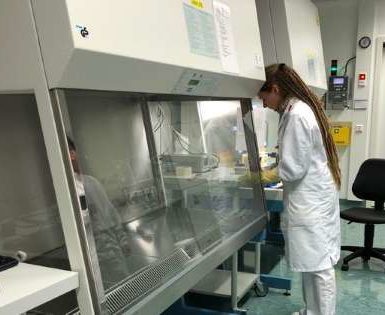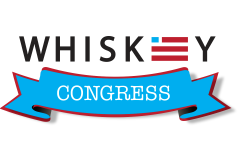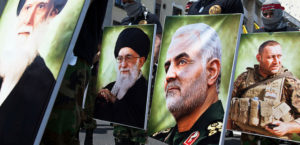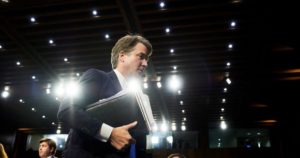
Trump Doesn’t Understand The Consequences Of Pulling Out (Of The Iran Deal)
I am going to try really hard not to sound pompous and snarky as I write this. I have little hope of succeeding in that regard because, earlier today, I attempted to have a conversation with a Trump loyalist about the Iran Nuclear Deal. More specifically, my concern about the President’s reality show host-like approach to pulling us out of the deal. I will refrain from making the obvious joke about how the President and not knowing when to pull out.
Here is the biggest problem with the potential US withdrawal from the Iran Deal. It’s not that it slaps our European Allies in the face (which it does, but that’s not the biggest problem). It’s not hat it damages our Country’s credibility in future long term international agreements based on petty national politics (again, yes that is a negative consequence of this proposed move but that’s not the biggest problem). The biggest problem is that it makes our position weaker and bi-modal. Weaker because this move would strip us of any economic and/or diplomatic power in dealing with Iran if they fail to keep up their side of the agreement. It makes us bi-modal because (as much as some may hate to admit) without diplomatic and internationally sanctioned options we have two means of responding to Iranian nuclear escalation. Option one is feckless rhetoric and option two is military action. Neither option is desirable. Sadly, the first option is preferable because it has been the chief strategy of both sides since the 1970’s with relatively little loss of life or treasure. The history of terrible relations between Iran and the US dates back decades. Perhaps foolishly, I had hopes in the late stages of Bill Clinton’s Administration that the young, progressive population of Iran would lead change in their own country. The George W. Bush “Axis of Evil” speech did not help that cause. The US invasion of Iraq in 2003 pretty much ended that wave of hope.
Present day US withdrawal from a multi-national agreement that would bar Iran from enriching uranium to weapons grade for the next 7 years would tear away another avenue to potentially bargaining with the Iranian regime, and perhaps more importantly, end hope of re-energizing the young, secular, educated population of Iran.
VIENNA — In the three years since the start of the Iran nuclear agreement, a cluster of buildings near the Austrian capital has served as an unblinking eye over Tehran’s most sensitive factories and research labs. But perhaps not for much longer.
Every day, workers arrive at the U.N. nuclear agency here to monitor live video from inside Iran’s once-secret uranium enrichment plants, part of an unbroken stream of data delivered by cameras and other remote sensors installed as part of the 2015 accord. Each week, scientists in lab coats analyze dust samples collected from across Iran, looking for minute particles that could reveal possible cheating.
Dispatchers track the movements of U.N. inspection teams that now work inside Iran every day of the year, checking and rechecking known nuclear facilities and occasionally venturing out to investigate tips about suspicious sites elsewhere.



